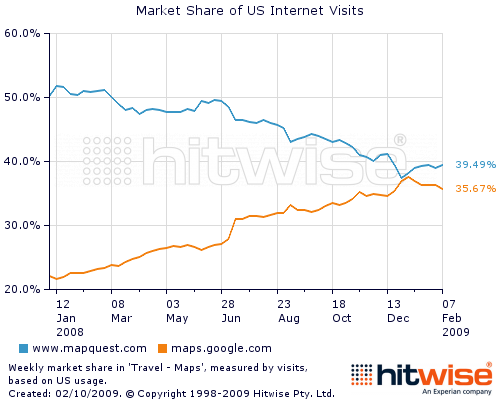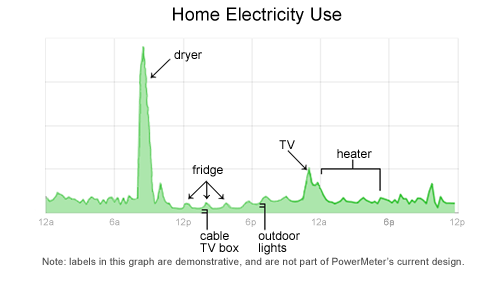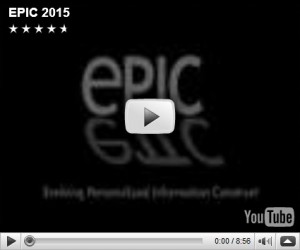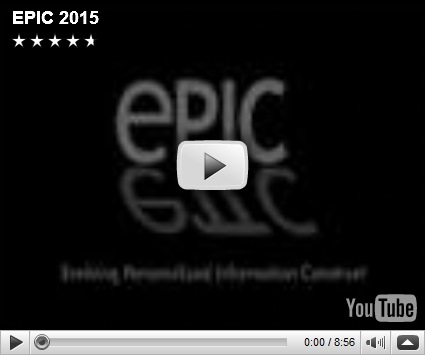Two seemingly unrelated items:
Today Hitwise reported on how Google Maps is catching up on Mapquest, which once was the king of online mapping.

Perhaps more important than just the numbers is the source of traffic: 61% of Google Maps traffic comes from links placed in organic Google Search results. Contrast that to Mapquest, where 8 out of 10 hits come from searches on the Mapquest brand itself. Translation: Mapquest is only used by its already dwindling user base, while Google Maps gains steadily, since Google owns Search. The writing is clearly on the wall.
The second story: Google Gmail Within Striking Distance Of Hotmail – reported Information Week a few days ago. Wait, wasn’t Gmail supposed to be email for the geeks only, lagging behind the masses of Yahoo and Hotmail users?
Between September 2007 and September 2008, Gmail’s visitor total grew 39%, from 18.8 million to 26 million, ComScore figures indicate. Windows Live Hotmail during this period saw its visitor share decline 4%, from 46.2 million to 44.6 million.
If Google’s Gmail growth rate rises to, say, 46% over 2009, it could reach approximately 43 million unique U.S. visitors by the end of the year. And if Windows Live Hotmail continues to bleed visitors at a rate of, say, 3%, it will finish the year with around 42 million unique visitors per month.
So Gmail may overtake Hotmail by the end of this year, and if the trend continues, it might overtake Yahoo by the end of 2011, concludes Information Week. Note, these are site visits, not account numbers, but account numbers include all the throw-away, long forgotten dormant accounts that both Yahoo and Hotmail has in abundance. All these email systems being web-based, visitor stats are a better representation of actual usage.
The third story (yes, I promised two, but can’t stop now): The Google Power Meter., currently being tested by Google employees. These are smart devices you plug in all around the house, they will report back to the mothership and you get a nice dashboard aimed at helping you making the right energy choices.

I would certainly like to know just how “smart” they can be – any chance of bi-directional communication? I can’t help but remember the mail campaign from PG&E, my utility company. They are handing out $25 to anyone who allows them to install a smart thermostat free of charge. The catch? At times when consumption reaches peak levels, the utility company can remotely throttle back your air conditioner. So now you see why I’m hesitant about these Google electricity meters. Could they be switched from passive reporting to regulating one day?
The fourth story (gee, I really have to stop soon): An opinion piece on Bloomberg discusses how the health provisions slipped into the stimulus bill will effect every one of us in the US:
Your medical treatments will be tracked electronically by a federal system. Having electronic medical records at your fingertips, easily transferred to a hospital, is beneficial. It will help avoid duplicate tests and errors. But the bill goes further. One new bureaucracy, the National Coordinator of Health Information Technology, will monitor treatments to make sure your doctor is doing what the federal government deems appropriate and cost effective. The goal is to reduce costs and “guide” your doctor’s decisions (442, 446).
Ouch. I’m all for electronic medical records, but I don’t want them to be turned into a Big Brother function. And I don’t want a computer program to decide on my medical treatment. But I’ve just complained about the Sorry State of Health 2.0: neither Google Health nor Microsoft HealthVault are up to the job yet. I want them to get there, and I trust they will (at least one of them). I don’t want them to run my health care, just help me and my providers manage it – but fear of potential misuse won’t stop my desire for progrees.
Do you see the trend here? Google is unstoppable. They want to manage all data, but our life is increasingly all about data and what we do with it. The former Borg in Redmond is now a toothless veteran, slowly dwindling away – Google is the New Borg. Resistance is futile. We’re being assimilated. And we like it. Enjoy the video: (better quality if you click through)
Related posts:
(This post originally appeared @ CloudAve. To stay abreast of Clod Computing, SaaS news and analysis, grab the CloudAve feed here.)




Recent Comments